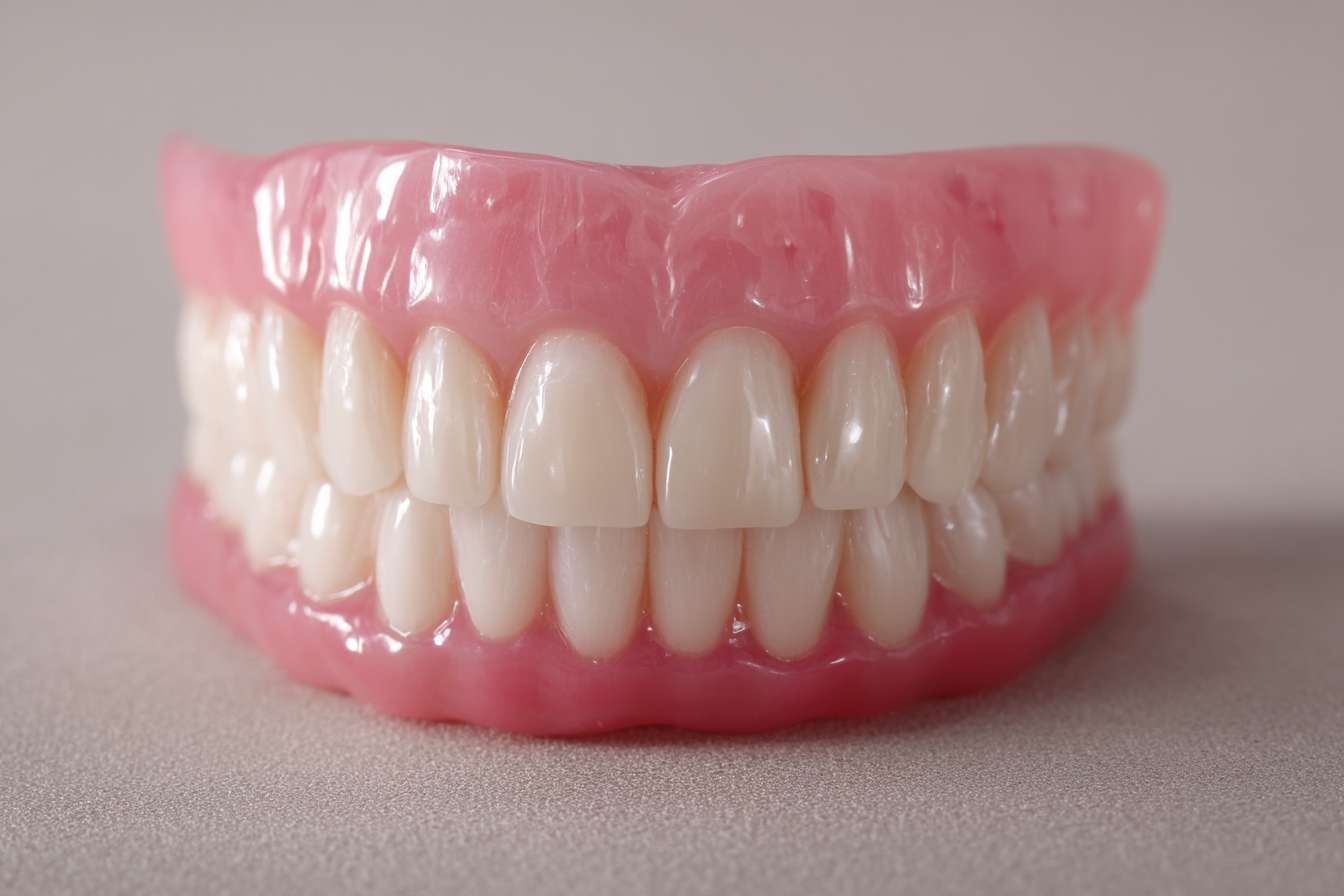Full Mouth Dental Implants: A Modern Path to a Lasting Smile
Tooth loss can significantly impact one's quality of life, affecting everything from nutrition to self-confidence. Full mouth dental implants represent a comprehensive solution for those missing most or all of their teeth. Unlike traditional dentures, these permanent prosthetic teeth are anchored directly to the jawbone, offering stability, functionality, and aesthetics that closely resemble natural teeth. This modern dental advancement has transformed the prospects for people suffering from extensive tooth loss, providing a durable and long-lasting alternative to conventional tooth replacement methods.

Why Choose Dental Implants?
Dental implants offer several advantages over traditional tooth replacement options like removable dentures or bridges. The titanium posts used in implants function as artificial tooth roots, stimulating the jawbone and preventing the bone loss that typically occurs after teeth are lost. This preservation of bone structure maintains facial contours and prevents the sunken appearance often associated with long-term denture use.
Additionally, implant-supported teeth provide nearly the same biting force as natural teeth, allowing patients to enjoy a varied diet without restrictions. Unlike removable prosthetics, dental implants stay securely in place without adhesives, eliminating concerns about slipping or clicking while speaking or eating. Their permanence also simplifies daily oral hygiene routines—patients can brush and floss much like they would with natural teeth.
Perhaps most significantly, full mouth dental implants can restore confidence and quality of life. Many patients report improved self-esteem and social comfort after treatment, no longer worrying about embarrassing denture-related issues in public settings.
The Treatment Process
The full mouth dental implant procedure typically spans several months and involves multiple stages. Initially, a comprehensive evaluation determines candidacy, including 3D imaging of the jaw structure, bone density assessment, and review of medical history. This planning phase is crucial for successful outcomes and may involve creating surgical guides for precise implant placement.
The surgical phase begins with any necessary preparatory procedures, such as tooth extractions or bone grafting to build up insufficient jawbone. Once healing from these preliminary steps is complete, titanium implants are surgically placed into the jawbone. The number of implants varies based on individual needs, typically ranging from 4-8 per arch with techniques like All-on-4 or All-on-6.
Following implant placement, an osseointegration period of 3-6 months allows the implants to fuse with the surrounding bone. During this healing phase, patients usually wear temporary prosthetics. After successful integration, abutments (connector pieces) are attached to the implants, and impressions are taken for the final prosthesis.
The final restoration phase involves placing custom-made, permanent prosthetic teeth onto the implants. These prosthetics are designed to match the appearance of natural teeth in color, size, and alignment, creating a harmonious and aesthetically pleasing smile.
Choosing the Right Clinic
Selecting an appropriate dental provider for full mouth implants requires careful consideration. Begin by verifying the dentist’s qualifications and experience specifically with implant procedures. Specialists such as prosthodontists or oral surgeons often have additional training beyond general dentistry in complex implant cases. Ask about their education, certifications, and the number of similar procedures they have performed.
Modern implant dentistry benefits greatly from advanced technology. Clinics equipped with 3D imaging systems, computer-guided implant planning software, and on-site dental laboratories may offer more precise treatment and convenient care. During consultations, assess whether the provider takes time to thoroughly explain your specific case, treatment options, and expected outcomes.
Patient testimonials and before-after examples provide valuable insights into both results and experience. Most reputable implant specialists willingly share their previous work and connect prospective patients with others who have undergone similar procedures. Additionally, consider the clinic’s approach to long-term care, as dental implants require ongoing maintenance for optimal longevity.
Understanding the Investment in Full Mouth Dental Implants
Full mouth dental implants represent a significant financial investment compared to conventional tooth replacement options. The comprehensive nature of this treatment reflects its cost, which typically includes surgical procedures, materials, temporary prosthetics, and final restorations.
| Treatment Type | Average Cost Range | What’s Typically Included |
|---|---|---|
| Traditional Full Mouth Implants (10-14 implants) | $24,000 - $50,000 per arch | Individual implants, abutments, crowns |
| All-on-4 Implants | $20,000 - $30,000 per arch | 4 implants, full arch prosthesis |
| All-on-6 Implants | $24,000 - $35,000 per arch | 6 implants, full arch prosthesis |
| Implant-Supported Dentures | $15,000 - $24,000 per arch | 2-6 implants, specialized overdenture |
Prices, rates, or cost estimates mentioned in this article are based on the latest available information but may change over time. Independent research is advised before making financial decisions.
Several factors influence the overall cost, including geographical location, the dentist’s expertise, materials used, and any additional procedures required (such as bone grafting or extractions). Many dental practices offer financing options or payment plans to help manage these costs over time. While dental insurance typically provides limited coverage for implants, some plans may partially cover certain aspects of treatment.
It’s worth noting that despite the higher initial investment, dental implants often prove more cost-effective in the long term compared to alternatives that require frequent replacement or adjustment. With proper care, implants can last decades or even a lifetime, avoiding the recurring expenses associated with denture replacement every 5-10 years.
Long-Term Maintenance and Success
Maintaining dental implants requires diligent oral hygiene and professional care. Daily brushing and flossing remain essential, along with specialized tools like interdental brushes for cleaning around implant structures. Regular dental check-ups and professional cleanings help monitor implant health and address any concerns early.
Most patients adapt quickly to their new teeth, but minor adjustments may be necessary during the initial months. With proper maintenance, studies show that dental implants have success rates exceeding 95% after ten years. This remarkable durability makes them a preferred solution for permanent tooth replacement, offering patients decades of functional, aesthetic, and psychological benefits.
This article is for informational purposes only and should not be considered medical advice. Please consult a qualified healthcare professional for personalized guidance and treatment.




